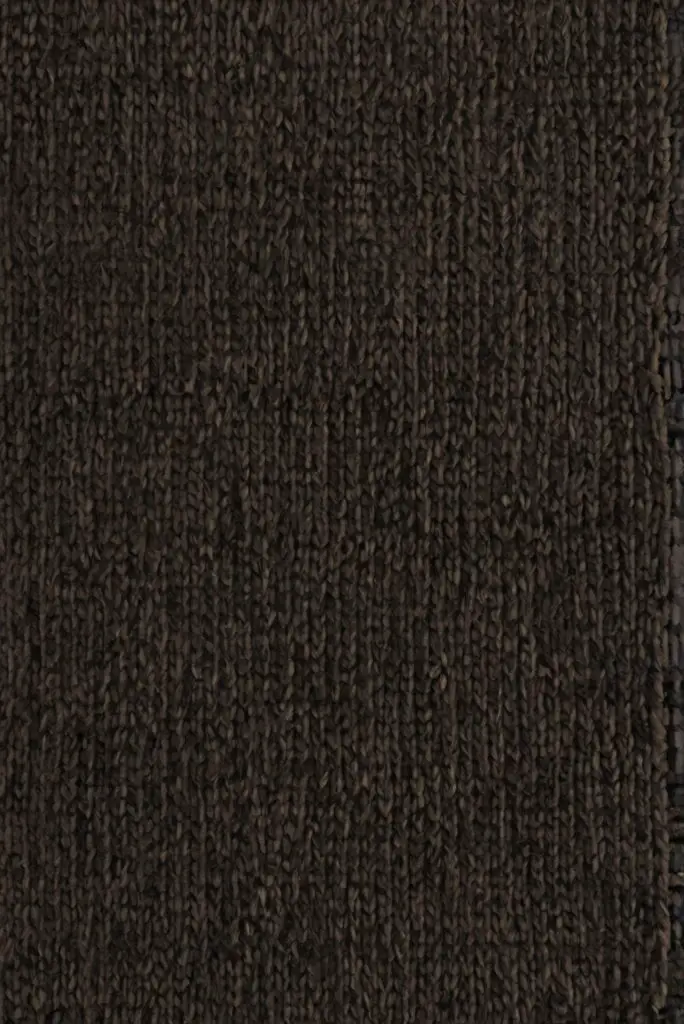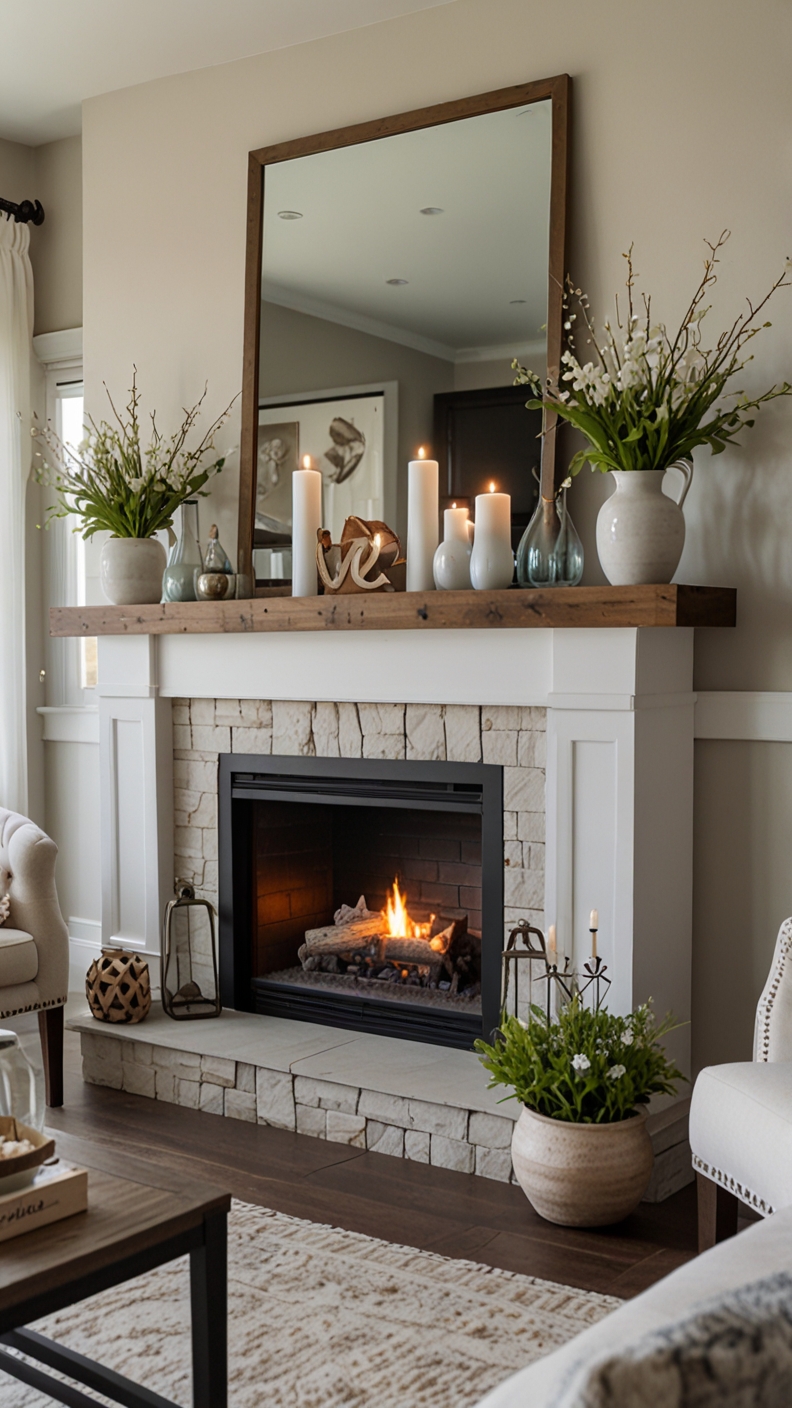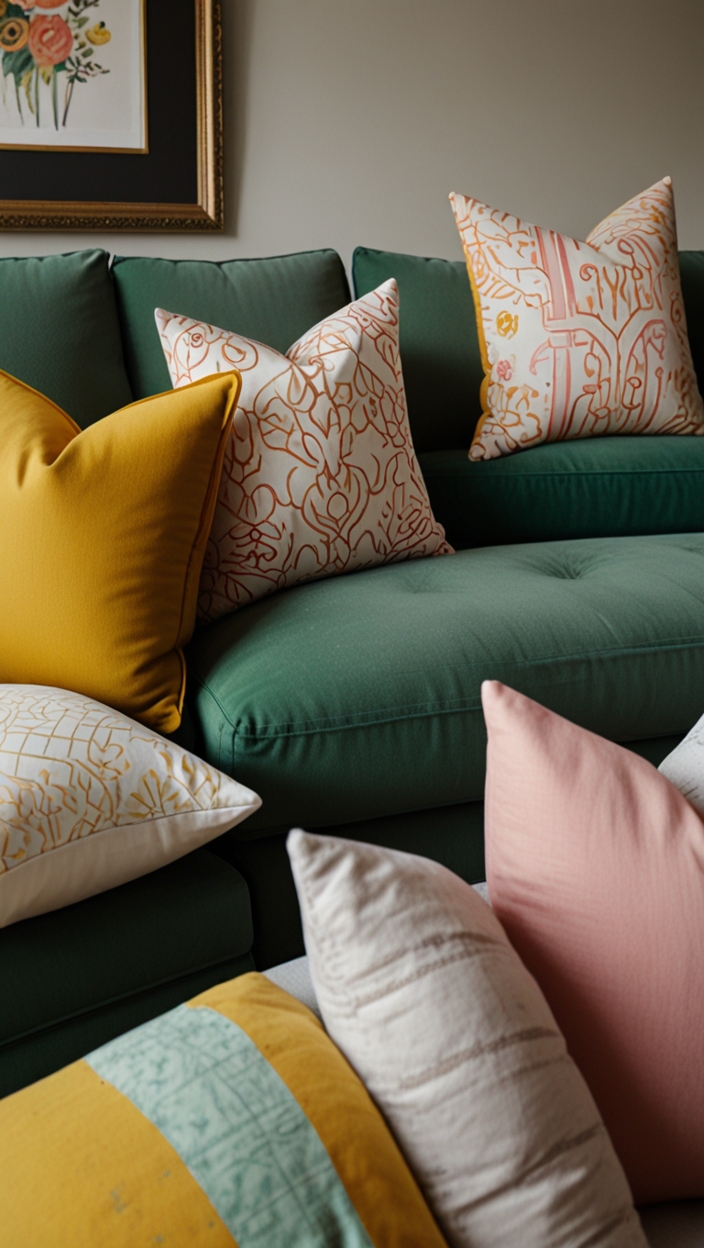Explore the best rug materials suited for high-traffic living rooms. Discover how to elevate your daily interior designer routine with durable and stylish decor choices.
The best rug materials for high-traffic living rooms are synthetic fibers such as nylon, polypropylene, or polyester. These materials are durable, easy to clean, and resistant to stains and fading. They are also more affordable than natural fibers like wool or silk. To keep your rug looking its best with a pet in the house, vacuum regularly to remove pet hair and dirt, spot clean spills immediately, and consider using a rug pad to prevent slipping and add extra cushioning. Additionally, choose a rug with a low pile height to minimize shedding and make cleaning easier.
When decorating a high-traffic living room, prioritize durability and ease of maintenance in your rug choice. Consider the overall color scheme and style of the room to ensure the rug complements the existing decor. In terms of space planning, measure the room carefully to choose the right rug size – it should be large enough to anchor the seating area but not too big that it overwhelms the space. Experiment with different textures and patterns to add visual interest and personality to the room.
Benefits of Using Wool Rugs in High-Traffic Living Rooms
My Lovely Spring Paint for 2025
Ready for a Spring Makeover? Explore the Freshest 2025 Paint Trends!
White Sage/Green SW Pistachio green Soft blue Honeysweet/Orange Pink Sugar Sage Tint BMAs an Amazon Associate, I may earn a commission from qualifying purchases at no extra cost to you.
Using wool rugs in high-traffic living rooms offers several benefits. Wool is a durable and resilient material that can withstand heavy foot traffic, making it ideal for areas where people frequently walk. Wool rugs are naturally stain-resistant and can be easier to clean compared to other materials. Additionally, wool is a great insulator, helping to maintain comfortable temperatures in your home. The natural fibers of wool also provide a soft and luxurious feel underfoot, adding warmth and coziness to your living space. Overall, wool rugs are a practical and stylish choice for high-traffic areas.
Using Synthetic Rugs in High-Traffic Areas for Durability
Synthetic rugs are another excellent option for high-traffic areas due to their durability and resistance to wear and tear. Materials like nylon, polyester, and polypropylene are commonly used in synthetic rugs and are known for their strength and resilience. These rugs are often more budget-friendly than natural fiber options and can be a practical choice for households with pets or children. Synthetic rugs are also easy to clean and maintain, making them a convenient choice for busy living rooms.
Cleaning and Maintaining High-Traffic Rugs for Longevity
To ensure the longevity of your high-traffic rug, regular cleaning and maintenance are essential. Vacuum your rug frequently to remove dirt and debris that can cause wear and tear over time. For spills and stains, clean them immediately using a mild soap and water solution or a carpet cleaner specifically designed for the rug material. Rotate your rug periodically to distribute foot traffic evenly and prevent areas of excessive wear. Professional cleaning may also be necessary to deep clean and refresh your rug, prolonging its lifespan.
Risks of Using Delicate Materials like Silk in High-Traffic Living Rooms
My fAV Spring DECOR for 2025
Discover Spring’s Best 2025 Decor Combinations – Perfect for Any Room!
Oversized Indoor Plants White Curved Sofas Rugs BOH Brown Cream Moroccan Hype Boho Rug Outdoor Patio Furniture Sets Topfinel Pillow CoversAs an Amazon Associate, I may earn a commission from qualifying purchases at no extra cost to you.
While silk rugs are luxurious and beautiful, they are not recommended for high-traffic living rooms due to their delicate nature. Silk is a fragile material that is prone to damage from foot traffic, stains, and moisture. Using silk rugs in high-traffic areas can lead to premature wear and tear, diminishing their appearance and quality. It is best to reserve silk rugs for low-traffic areas where they can be better preserved and admired for their elegance.
Preventing Staining and Wear on High-Traffic Rugs
To prevent staining and wear on high-traffic rugs, consider using a rug with a stain-resistant treatment or choosing a material that is naturally resistant to spills, such as wool or synthetic fibers. Place doormats at entrances to capture dirt and debris before it reaches the rug. Use rug pads underneath your rug to provide cushioning and prevent slipping, reducing the likelihood of wear and tear. Implement a no-shoes policy in your home to minimize the dirt and grime brought onto the rug, helping to maintain its appearance and integrity.
Steps to Choosing a Rug Material for Heavy Foot Traffic
When selecting a rug material for heavy foot traffic, consider factors such as durability, ease of cleaning, and resistance to wear. Opt for materials like wool, nylon, polyester, or polypropylene that are known for their strength and resilience. Look for rugs with a tight weave or high density to withstand the impact of frequent walking. Choose darker colors or patterns to camouflage dirt and stains between cleanings. Prioritize quality and construction when selecting a rug for high-traffic areas to ensure longevity and performance.
Importance of Considering the Density of Rug Materials for High-Traffic Areas
The density of rug materials plays a crucial role in determining the durability and longevity of a rug in high-traffic areas. Dense rugs with a high pile are more resistant to crushing and matting caused by foot traffic, maintaining their appearance and texture over time. Low-density rugs may show signs of wear more quickly and are less able to withstand heavy use. When shopping for a rug for a high-traffic area, prioritize density as a key factor in selecting a material that can withstand the demands of daily foot traffic.







